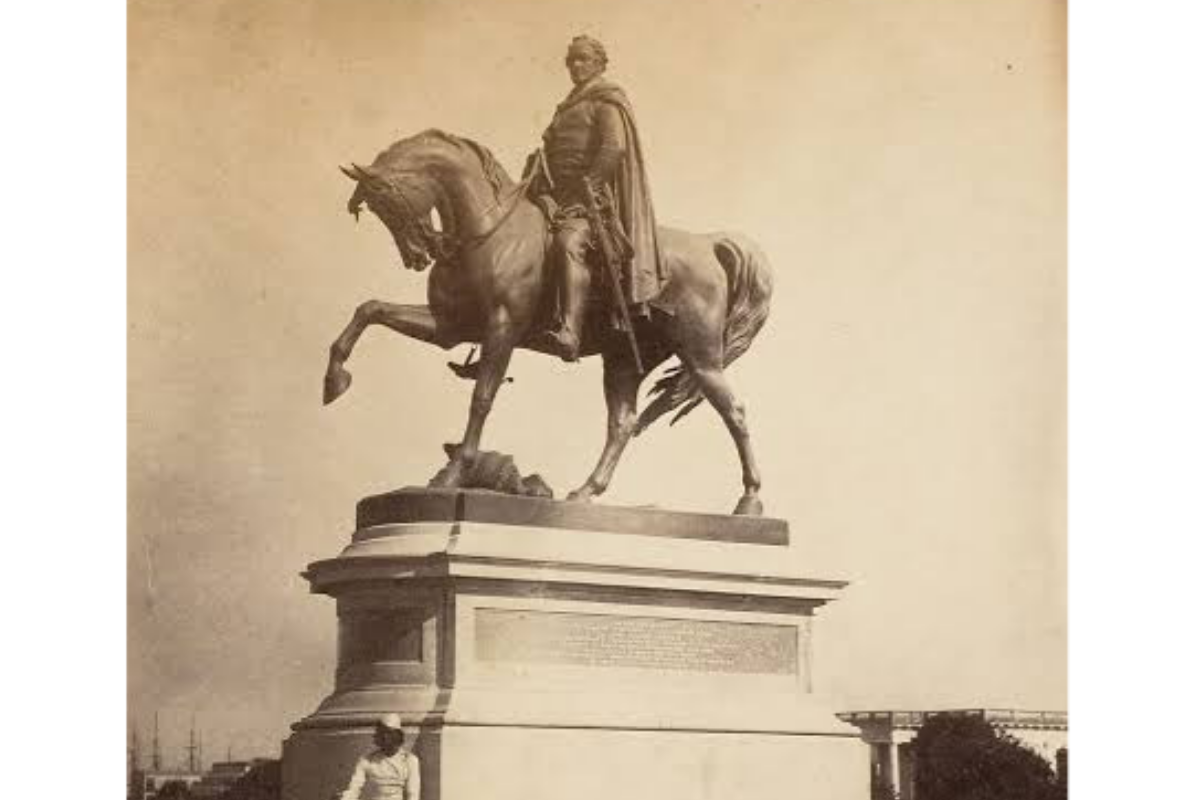Bombay, to judge from the statue it has accorded Lord Hardinge, continues to regard that diplomatist in a heroic light. For the average unprejudiced observer Lord Hardinge’s viceroyalty marks, and will always mark, the inauguration in India of that policy of opportunism to which the majority of the country’s present difficulties are traceable. Lord Hardinge’s chief consideration appears always to have been the convenience of the moment.
His intervention in the Cawnpore mosque affair became the governing precedent for all local crises in which a noisy minority attempts to defy the law. The toleration of Mr. Gandhi’s widespread propaganda of anarchy was its true lineal successor. Lord Hardinge’s refusal to contemplate realities was exemplified in his assertion that Mesopotamia would again “blossom like the rose,” although the Indian Government had no adequate comprehension either of the cost, the suffering, or the sacrifices which were to be involved in even the temporary conquest of its arid deserts.
The classical instance of Lord Hardinge’s opportunism is to be sought in the removal of the capital to Delhi – a policy based, as is now admitted, on one of the most misleading despatches which even a diplomatist can ever have penned. Sir George Lloyd’s eloquence at Bombay was worthy of a better hero and a nobler cause.
